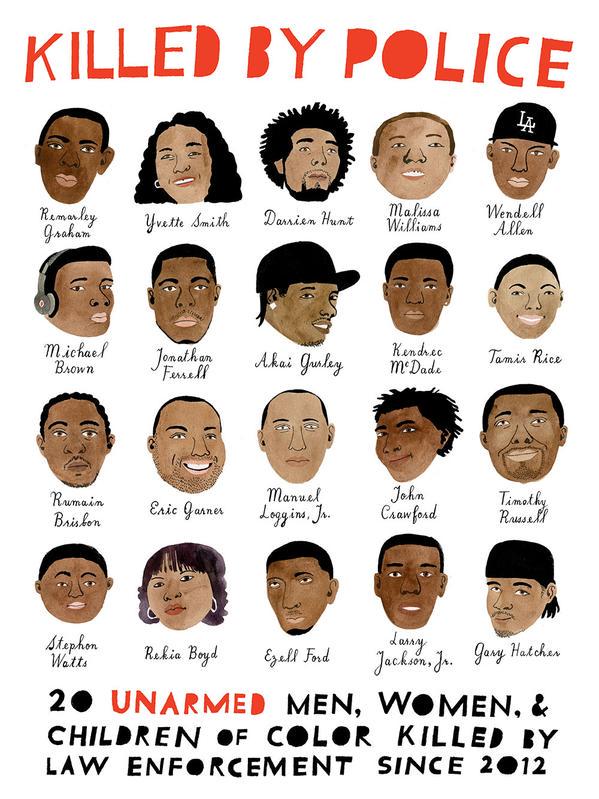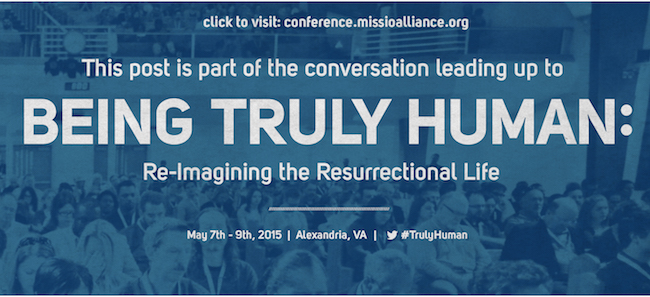Hiding #TrulyHuman: Grief, Death, and the Motherless Child
[Photo: Gerry Lauzon]
Now a man from the house of Levi went and married a Levite woman. The woman conceived and bore a son; and when she saw that he was a fine baby, she hid him three months. When she could hide him no longer she got a papyrus basket for him, and plastered it with bitumen and pitch; she put the child in it and placed it among the reeds on the bank of the river.
– Exodus 2:1-3, NIVSometimes I feel like a motherless child, a long way from home.
Sometimes I feel like I’m almost gone. A long way from home.
– “Motherless Child”, Negro Spiritual
Sometimes grief begins when a child dies. Sometimes it begins before death, with a diagnosis. And sometimes the grief of a dying child begins at birth.
Yes, at birth.
Babies that are born black or brown or poor in this country meet death even as they are born. Sure there is joy. And yet, at the same time, maybe even more so, what their mothers feel is pain. The pain of knowing that their child will struggle to be seen as the fine and precious gifts from God that they are – truly human beings, bearers of the imago Dei.
To struggle to be seen is to be hidden, is to hide. Hide your insecurities because they’ll be used as weakness. Hide your self-confidence because it will be mistaken as pride. Hide your anger because it will be mistaken as disrespect and rage. Hide your goals because they will be mistaken as unreasonable. Hide your fears because they will be mistaken for delusion. Hide your lack because it will be mistaken as inferiority.
Hide your skin color because it will be mistaken as a threat.
This hiddenness is but a form of death, the slow death of personhood and relationality that make us fully alive, that make us truly human. Mother sits by helpless, defeated, motherless. Child lives, yet doesn’t live, covered, masked, torn, motherless. And yet this seems like the only way to survive. Mother does only what she knows to do, because it’s what her mother taught her: to hide.
The child eventually cannot be hidden, at least not by mother. The child grows, is released, to the sea, to nature. What feels like freedom is distorted. Because the child must continue to hide, to be what she knows she is not so that she can survive. He cannot be seen; his life is at stake. Hiding has become a way of life, or death.
Hidden.
Hiding what they themselves may not have even really seen: their true selves, home.
To be black or brown or poor in this country means that you must be hidden, that you must hide. To be hidden is to die. To be hidden is to not be able to be seen fully, by yourself, by your mother, by anyone. She is her mother’s daughter. He is his mother’s son. She is their mother.
Hidden.
Homeless.
Motherless.
Grief is a way of life, or death.
—
Endnote:
This post was originally written for a devotional for those who have experienced infertility, miscarriage, and infant loss. The psalm is based on the author’s own experience and interviews of several minority mothers’ experiences of grieving the loss of a child, with a focus on identifying with the experiences of the mothers of Trayvon Martin, Michael Brown, Tamir Rice, Yvette Smith, Eric Garner, and others.
[Graphic: Lara Lee, Activist and Filmmaker]




